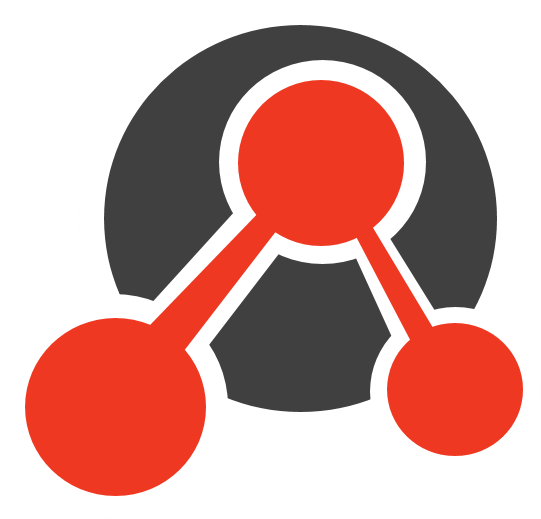Photo by Andrew Neel on .
So many people think about meetings as interruptions in the calendar. They groan and accept invitations without thought; they spend 55 minutes in a status-update meeting, listening, talking briefly, and then going about their day. Executive board and other expensive meetings tend to have higher outcomes, so why are day-to-day conversations such a time suck? It comes down to expectations. When we start to put premiums on people's time, and constraints around delivery, we make work happen.
How do you put this to practice in your organization? It takes a shift in culture and communication. Take a step back, be intentional, and make time together valuable. These five steps will set your conversations on a course of productivity immediately.
Make meetings the most valuable 30 minutes of your co-workers’ day. Reduce the time spent in meetings, at least initially. People will appreciate that you value their time enough to give it back to them. It also forces you to make full use of the minutes you do have by keeping people on track throughout the conversation.
“When we start to put premiums on people’s time, and constraints around delivery, we make work happen.”
Run a tight ship; start and end meetings on time. If you’ve already cut meetings back, you’ll have to start on time to get through the material. Brief chitchat on the front-end is important for relationship building, but refrain from waiting for late folks to trickle in before you kick off. Know that they’ll catch up quickly if they’ve prepared and you’re taking good notes.
End the meeting on time, or early if possible.
Be deliberate about outcomes and expectations. Understand why you’re meeting. What’s your purpose? Then create an agenda that links back to your purpose. Organize your agenda with an outline that includes topics, talking points, decisions (if they need to be made), and pre-meeting actions. If materials need to be reviewed or work items completed beforehand, let people know so they can properly prepare. People should know what to expect when they walk into the conversation.
Send your agenda out early, preferably days in advance, and then follow up with a reminder a day or two before you meet.
Call for actions or decisions when they come up. Make decisions when they’re ready to be made. Pause and poll attendees, and then document the feedback so you know what was agreed upon after the meeting ends. If you know a decision must be made during a conversation, only invite decision-makers and purposefully exclude others. Explain beforehand, in a tactful way (please!), why they aren’t needed this time.
Track and schedule action items that come out of the meeting so people know what’s expected of them to move work forward after they leave the room. We like Lucid Meetings software because tracking actions and decisions is built into note taking, but it doesn’t matter how you do it as long as you do it.
Photo by rawpixel.com on Unsplash
Reduce the number of meetings. Don’t meet for the sake of meeting if the same outcomes can be achieved through email or a one-on-one. Have respect for people’s time. For example, project status reporting can be done effectively through a well-executed communication plan. Draft a communication that hits the highlights, share projections and requests for actions (if needed), and then distribute it to your stakeholders, sponsors, and resources.
The shift in perspective of meetings as distractions that steal time versus an opportunity to move projects along a timeline happens at a nuclear level. As people start to feel that their time with you is successfully invested they’ll be more engaged, and may even adopt some of your good practices in their own conversations. So, model good practices and watch as you start to push work forward with each subsequent meeting.
Toby Lucich is co-founder and Head Cheerleader at Return Leverage. In twenty years working with startups to Fortune 50 organizations, he’s become obsessed with inspiring teams to dig in, build deeper commitments, and produce work to be proud of. His sky-is-the-limit thinking allows him to see untapped potential and is the inspiration behind the Leverage model.
Leverage was founded to help effective leaders recapture capacity in their day, delegating blocking and tackling tasks to self-starters who win on their behalf, so they focus where they’re effective, challenged, and can realize their full capacity.



